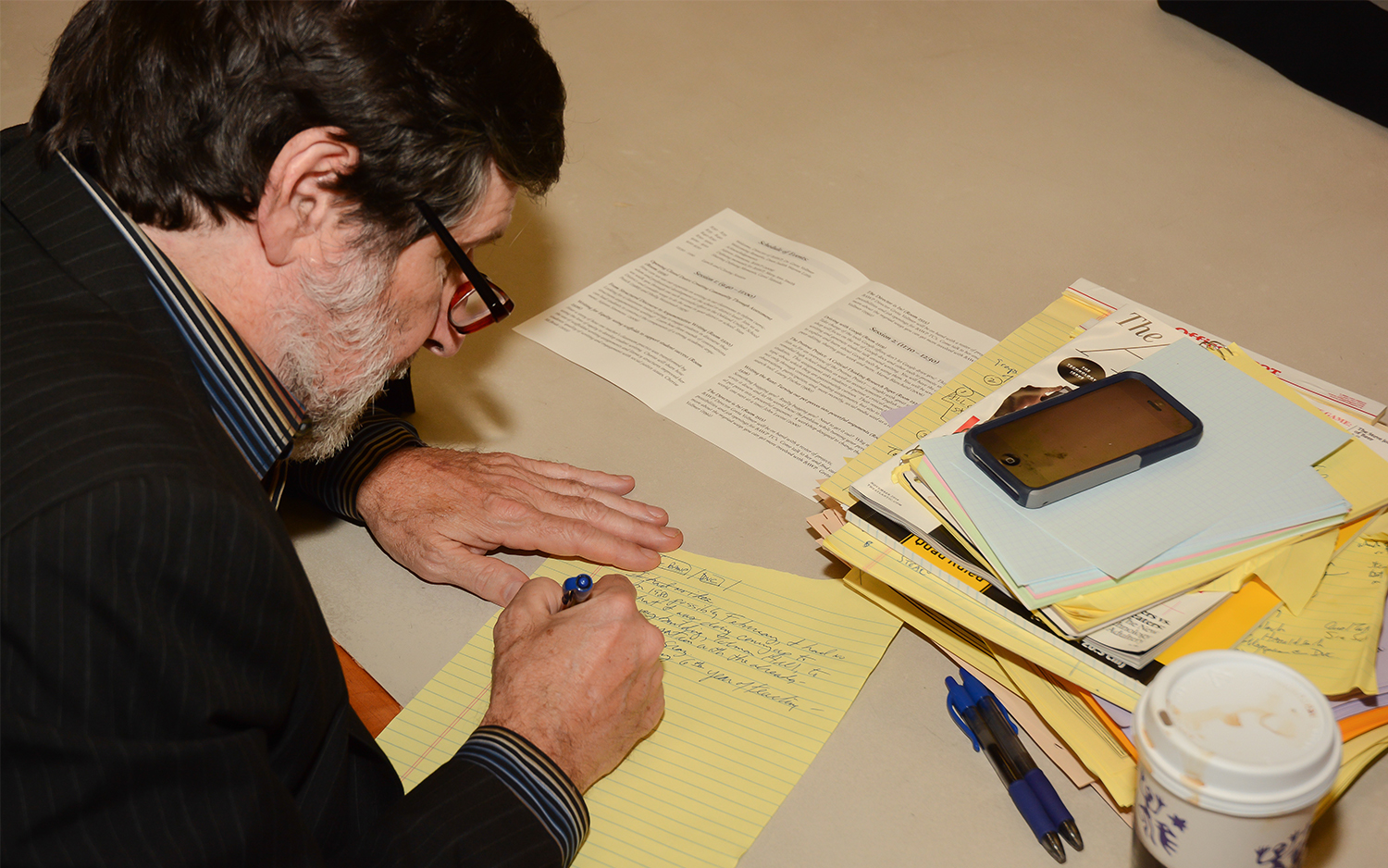- How did you get interested in this topic?
- What is the main idea you want teachers to take away from your demonstration?
- What are the theoretical or conceptual underpinnings for your demonstration?
- What is special or unique about your demonstration?
- Is your demonstration divided into segments? If so, what are the main points for each segment?
- What stories, examples, and evidence do you have to help you make each of your points? What can be extrapolated or inferred from these examples?
- Do you display student work during your demonstration? How does this work connect to the concepts you are presenting?
- What questions have been asked by participants at your demonstrations? What did you learn from the questions or how did they challenge your thinking? How have you answered them?
- How have other teachers used your ideas? What variations have they made on them?
- What changes have you made in your demonstration over time? Why?
Also Recommended
See allBadges and Badging in the Classroom
Sites that are awarding or exploring badges may want to point colleagues to these selections that illustrate how teacher-leaders have used badges in their classroom teaching or writing programs.
Read more


